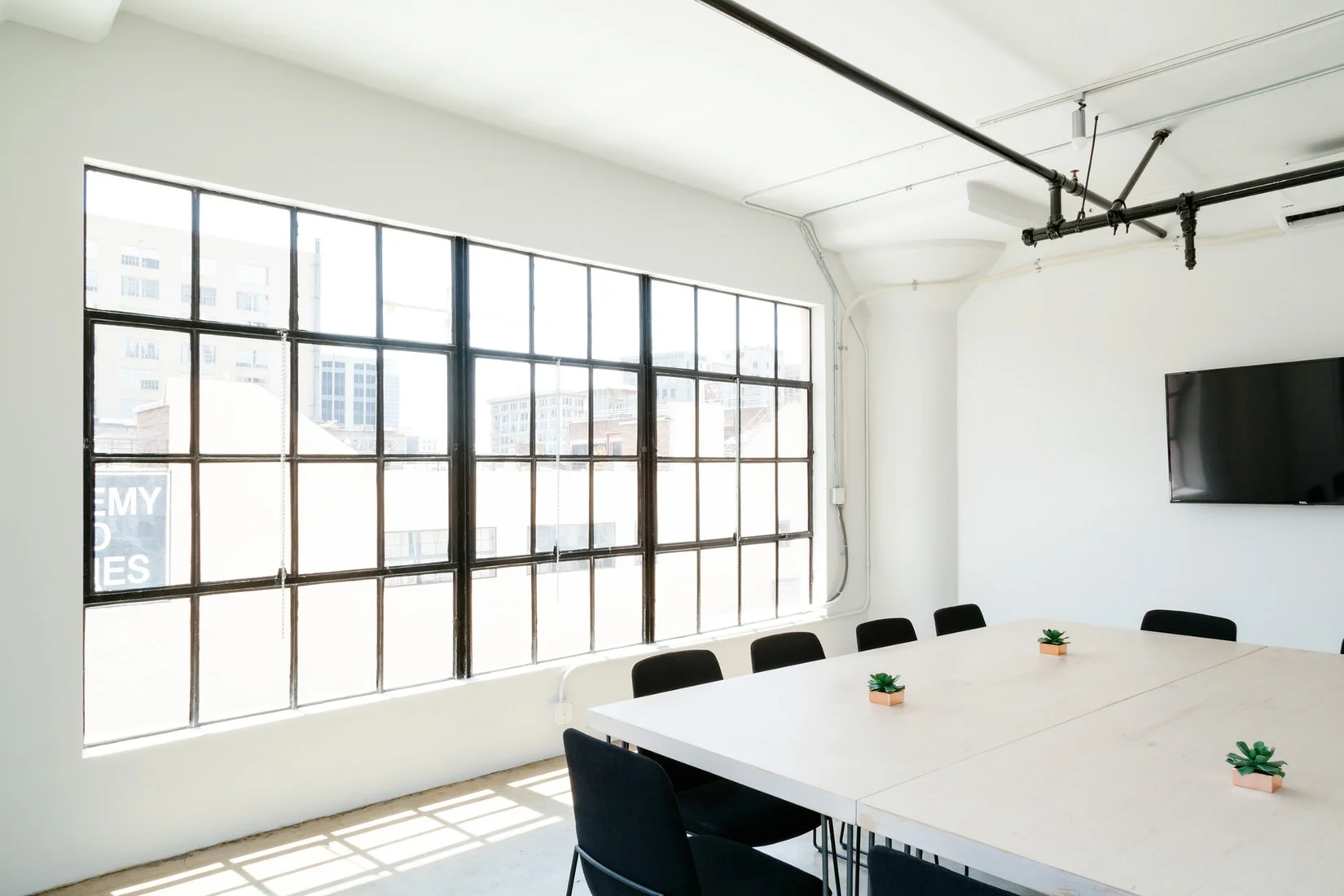A Poll In Scotland Has Shown That One In Five Women Experience Period Poverty In Their Lifetime
Grassroots group Women For Independence have announced that new research, being fully released in March, shows that period poverty is still very much an issue for women.
Over 1,000 women in Scotland were interviewed for the polls, with shocking figures showing that one in five women at one time or another has experienced period poverty — the phrase commonly used for those who can't afford basic sanitary products each month due to other financial strains. The poll also showed other methods of protection during periods when proper products such as towels or tampons weren't available, with toilet roll, old clothes and even newspaper have been used as an alternative. The poll also shows that 1 in 10 women are forced to prioritise food and other living expenses over sanitary products each month, which on average cost women around £13 a month.
17% of women have had to rely on charitable options including food banks and friends in order to get access to sanitary products, with 22% of women surveyed adding that they don't change their products as regularly as they would like due to the cost. 11% also said that they've experienced an impact on their health - such as thrush - as a result of not being able to change regularly.
Scotland is already the leading country when it comes to working towards getting girls and women - especially those with lower incomes - access to more affordable, or free, sanitary products. “The findings of the research are incredible,” Victoria Heaney, the woman behind #FreePeriodScotland said. “For the first time we have a picture of what women are going through every day. The emotional labour spent concealing that you are going without products has such a detrimental impact.”
“For me, the research is not only about women in poverty. It is about breaking the shame and stigma that go hand in hand with talking about menstruation. I hope the research starts a national conversation, from the dinner table to parliament, and contributes to a culture shift in our attitudes and education.”








